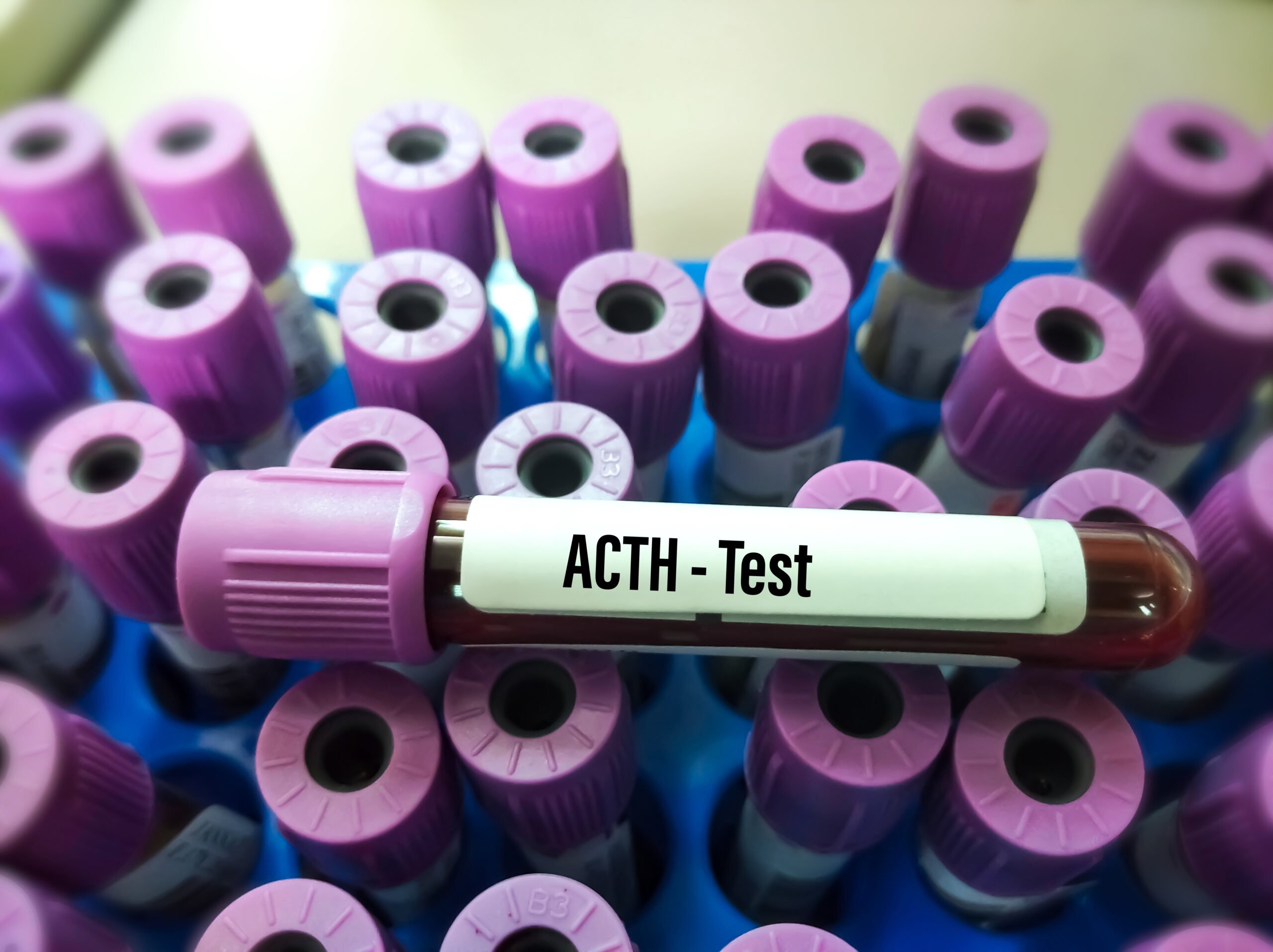
Dr. Isabelle Fromont
Consultant Endocrinologist & Diabetologist

Our experts at Doctor Reuter Medical Centers are trained in managing hormone-related conditions and skilled in diagnosing and treating disorders associated with the pituitary and adrenal glands.

The pituitary and adrenal glands play crucial roles in releasing hormones that regulate numerous bodily functions. When there’s a disorder affecting these glands, it can result in either excessive or insufficient production of certain hormones, which can lead to various symptoms, including extreme fatigue, low blood pressure, palpitations, tremors, fainting, changes in skin pigmentation, excessive hair growth, salt cravings, obesity, stretch marks, resistant hypertension, changes in sexual development and changes in thyroid function, etc.
The pituitary gland, located near the brain’s hypothalamus, often called the master gland, orchestrates hormone regulation throughout the body, acting like a sophisticated control center. It governs various bodily functions and oversees the thyroid, adrenal glands, ovaries, testicles, lactation, growth, and thirst mechanisms.
Diagnosing pituitary disorders involves tests like hormone checks, imaging scans, and examining tissue samples. These disorders, including pituitary tumors, can disrupt your hormone levels. Medications can help by reducing hormone production or replacing hormones your body lacks.
At Doctor Reuter Medical Center, we will work together to find the proper medication and dosage to ease your symptoms and make it easier for you to perform your daily activities.
The adrenal glands, positioned on top of each kidney, serve as vital hubs for hormone secretion. These hormones orchestrate crucial functions, from balancing salt and water to igniting the fight-or-flight response, guiding sexual maturation during puberty, and overseeing metabolic processes like blood sugar control. Disruptions in adrenal function can surface due to various symptoms.
Diagnosing adrenal disorders involves a comprehensive approach, which includes gathering a detailed medical history and conducting a thorough physical examination. Blood tests are used to thoroughly assess the functionality of both the adrenal and pituitary glands. Additionally, imaging scans may be used to visualize the adrenal glands and pinpoint any anomalies.